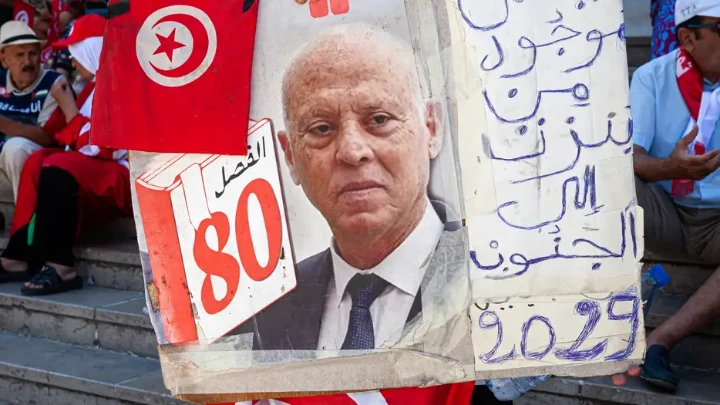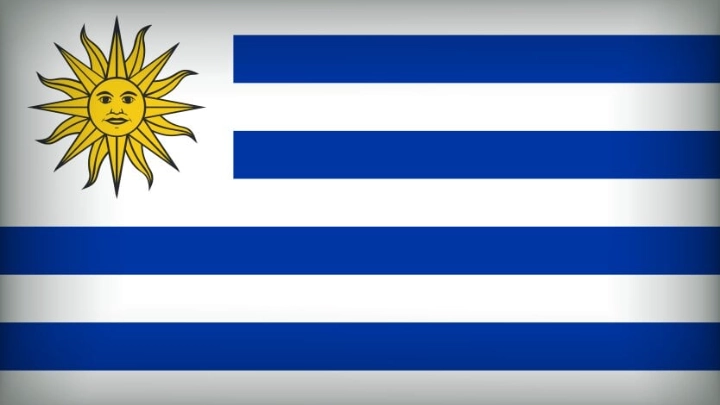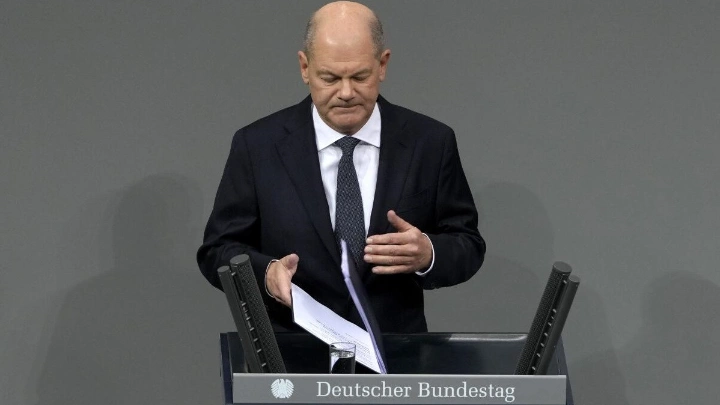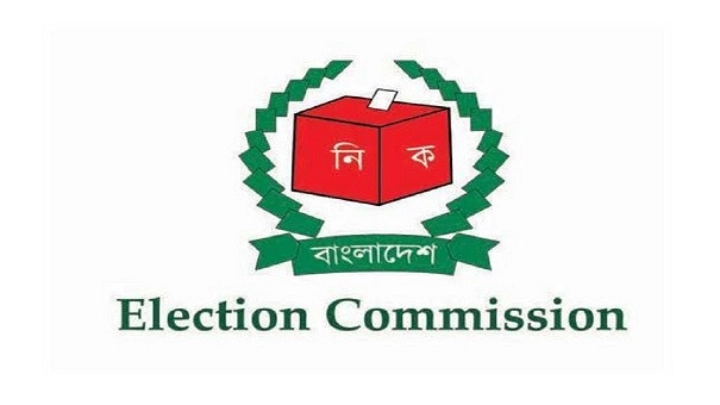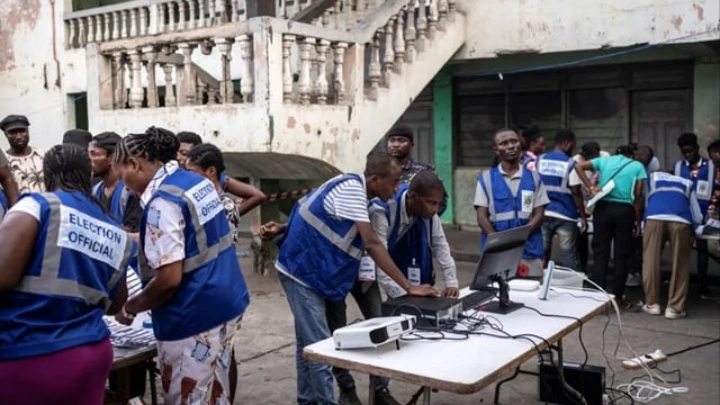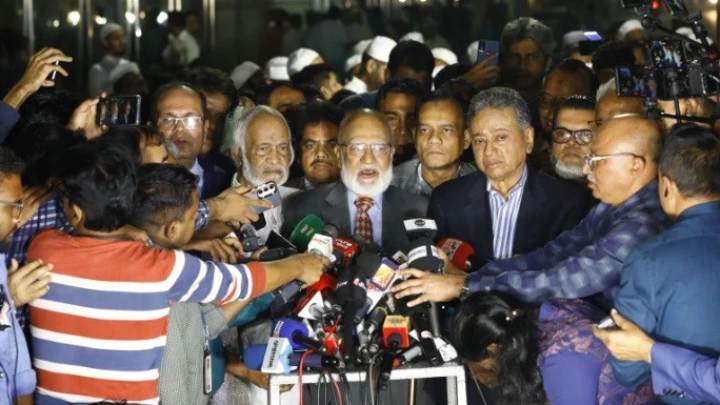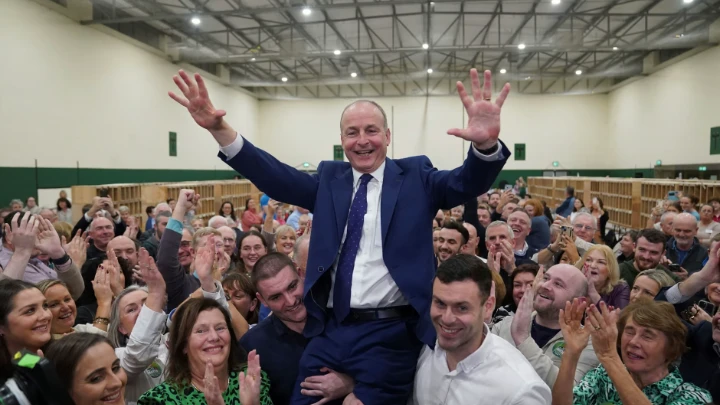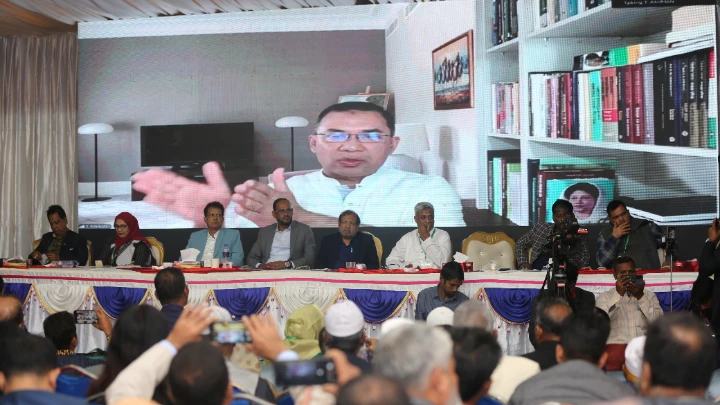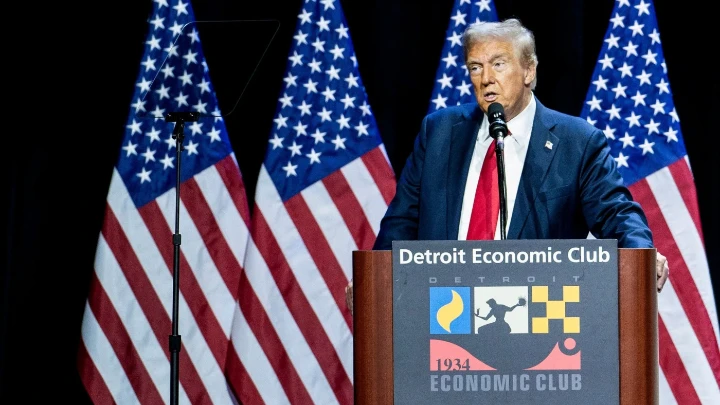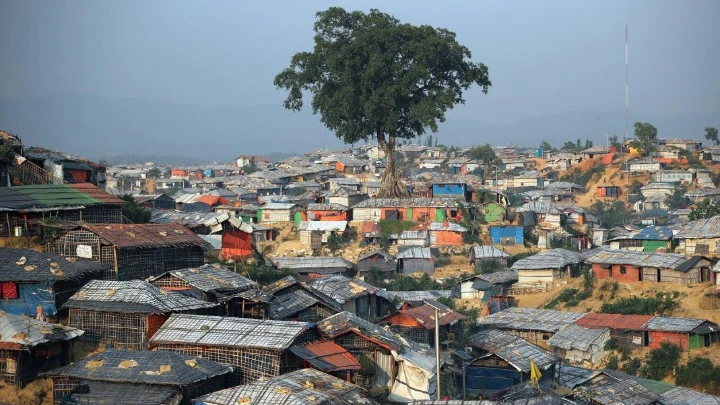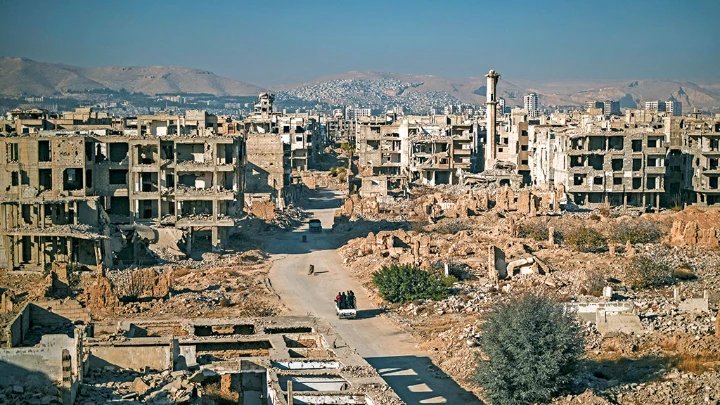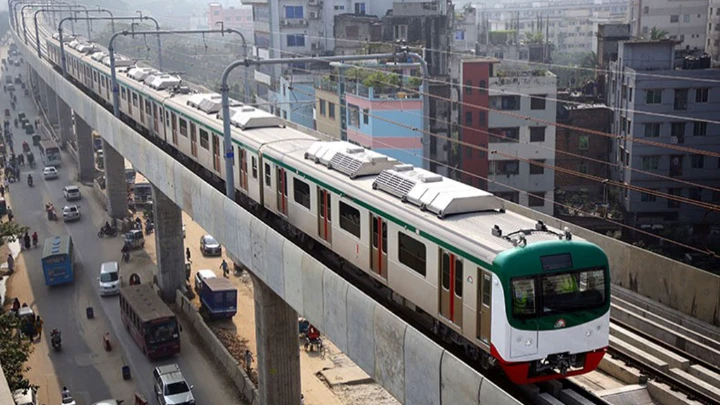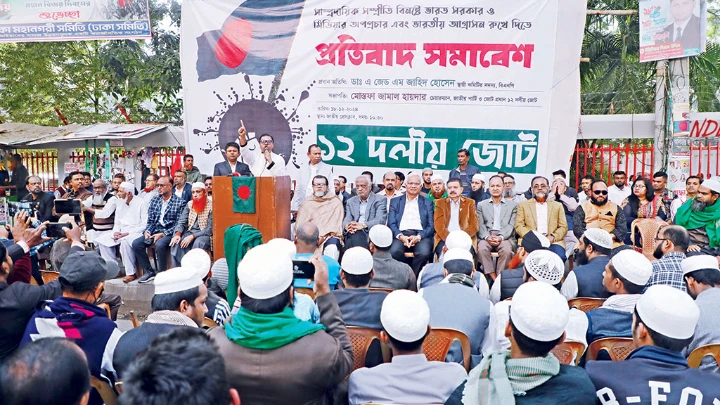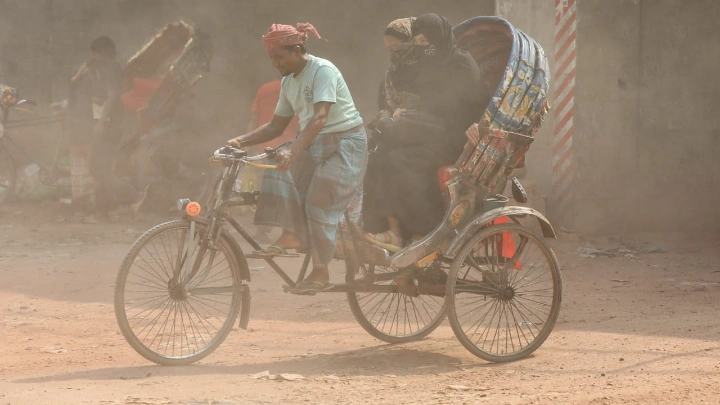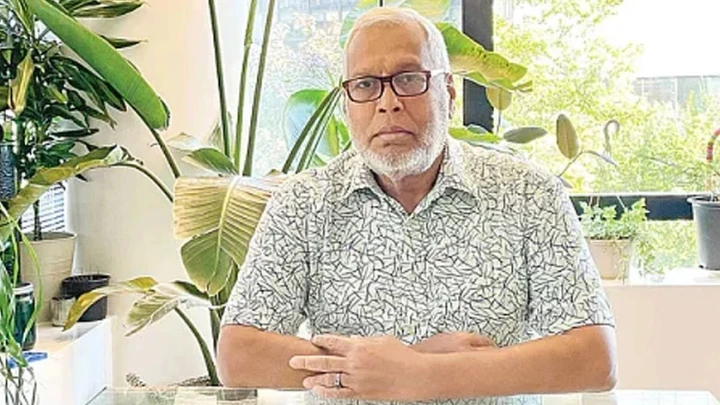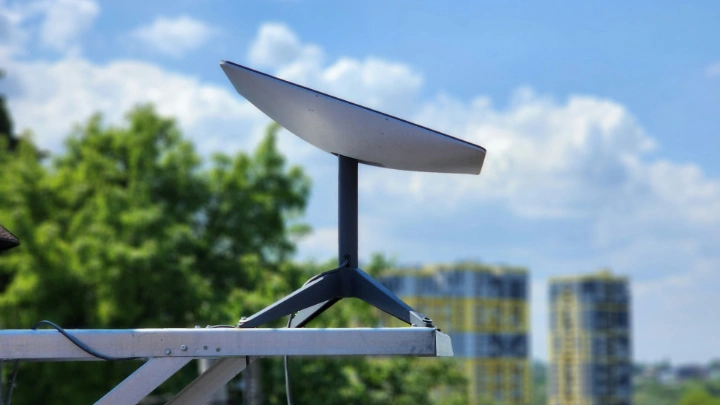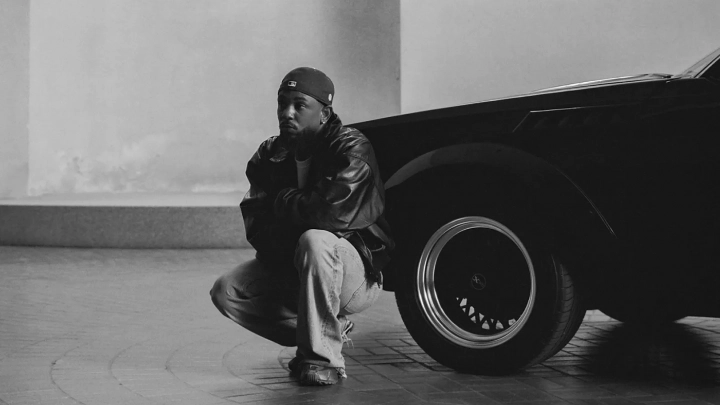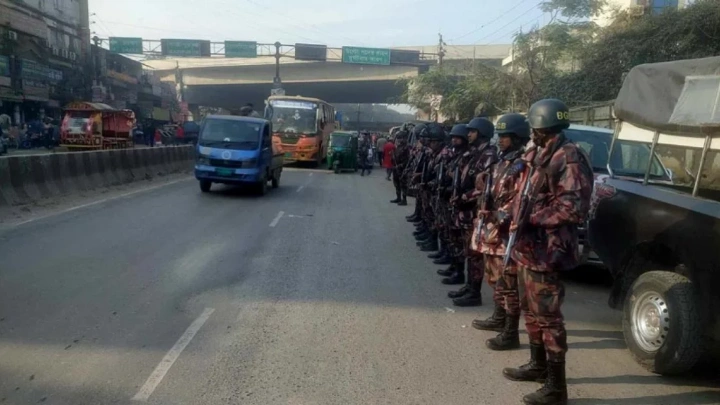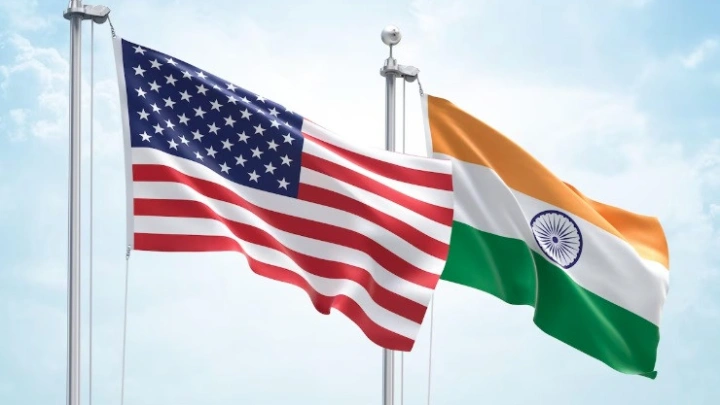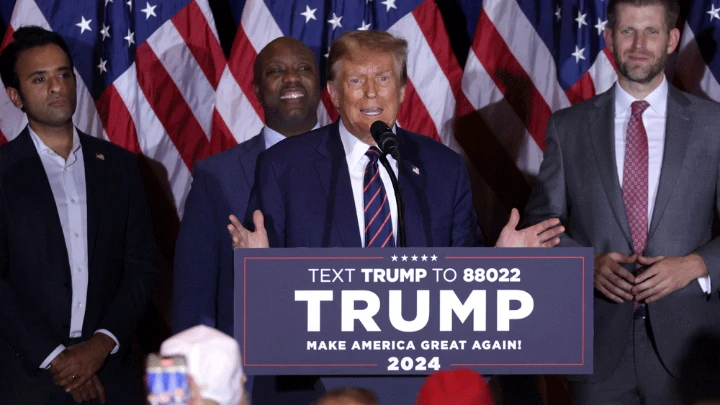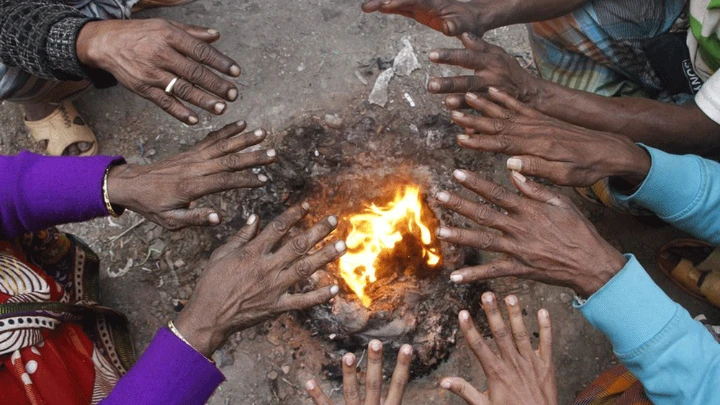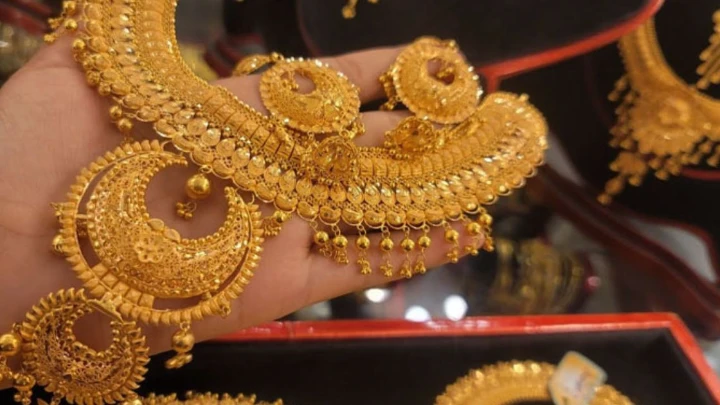Three candidates ran for the presidency, including incumbent Kais Saied, while 14 others were either jailed or barred. Tunisia is struggling with economic woes and the dismantling of its short-lived democracy.
Tunisia: Saied eyes new term as presidential election ends
DWnews || Shining BD
Incumbent President Kais Saied was on course for a second term in power on Sunday evening after polls closed in Tunisia's presidential election, which the opposition said was marred by a lack of credibility and integrity.
Serious challengers to Saied were excluded from running and one of his two rivals is in prison.
An exit poll broadcast on public television after the end of voting projected that the 66-year-old Saied was set to win with 89.2% support, but from a turnout of less than 28%, according to the country's election body.
The figure is the lowest recorded in a presidential election in Tunisia since its revolution in 2011.
If the results are confirmed early next week, there will be no runoff.
Who were the contenders for the Tunisian presidency?
Saied faced off against former lawmaker Zouhair Maghzaoui, 59, who backed the president's power grab in 2021, but then decided to run against him.
According to the exit poll, Maghzaoui was likely to receive just 3.9% of the vote.
His other rival was 47-year-old Ayachi Zammel — a little-known businessman who has been in jail since his candidacy was approved by the election board last month.
Zammel has seen his popularity grow while in jail, where he is serving a 14-year sentence after having been accused of forging signatures for his election candidacy.
But on election day, he likely won around 6.9% support, the exit poll suggested.
The leaders of bigger rival parties were also either imprisoned or barred from standing by an electoral commission whose members were handpicked by Saied.
Jailed opposition figures include Rached Ghannouchi, head of the Islamist-inspired opposition party Ennahdha, which dominated political life after the revolution.
Also in prison is Abir Moussi, head of the Free Destourian Party, who is accused of trying to bring back the regime that was ousted in 2011.
An independent court was also stripped of its power to rule on election disputes shortly before the vote.

Brief dance with democracy
Tunisia was the birthplace of the Arab Spring revolution and, for a while, was seen as an example of a successful pivot to democracy after years of authoritarian rule by Zine El Abidine Ben Ali, who was ousted in 2011.
But Saied who came to power in a landslide election in 2019, shut down the parliament and re-wrote the constitution, taking Tunisia back to its autocratic past.
Human Rights Watch has said more than 170 people have been detained on "political grounds or for exercising their fundamental rights."
While Saied's victory appears to be a foregone conclusion, the president has rejected claims that he is dismantling Tunisia's democracy, instead accusing his opponents of being traitors.
Mired in economic crisis
During his five years in power, he has struggled to solve the country's economic problems that have resulted in shortages of subsidized goods as well as water and electricity outages, high unemployment and high inflation.
Amid high government indebtedness, Saied has appeared unwilling to submit to unpopular spending cuts that would enable him to secure a loan from the International Monetary Fund (IMF).
The country is getting by on recovering tourism and assistance from the EU in exchange for a crackdown on migration.
Shining BD

